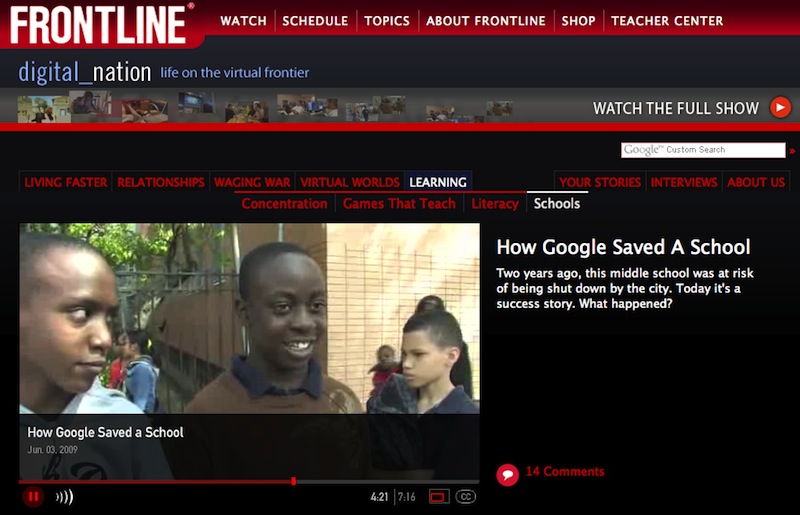Problem (part 2/2): Docile and Unruly Bodies in School
<< Current concerns with the “distraction” of contemporary students reveal uneasiness about the processes and operations through which contemporary students acquire literacy. If literacy has historically been associated with school, something incrementally gained in the “move from grade level to grade level” (Trimbur 286), that conception of literacy is now undercut by the increasing agency many students have in determining how they become literate and which literacies they value. In Trimbur’s terms, stakeholders who have been responsible for defining literacy in recent US history may be losing power. The anxiety associated with whether literacy is losing its ability to mark status and class now extends to whether the separation between literacy experts and those who need instruction can be maintained. We are beginning to wonder whether students are paying attention to the standards of schooled literacy as they are learning to read and write elsewhere: online.
How Can Foucault Help us Understand Representations of Student Bodies?
Read in light of Foucault’s image of docile bodies, the view of schooling as it intersects with crisis discourse developed in Digital Nation is telling. The images of literacy decline developed often assume a paradigm that measures literacy abilities based on school performance and the docility of student bodies in relation to the standards delivered by educational professionals. As MIT Professor Jones reminds us, educators often test students on “how well they are paying attention in lecture” and “how well they are absorbing material.” Indeed, the operations of the “distracted” digital native reject the positioning of their bodies as something to be controlled by the techniques of schooling. Eliza’s image in contrast with Johnny’s reveals hints of this tension, as a body that the documentary describes as “distracted by everything” appears more like one captivated with rapt attention—but toward a writing technology of her own choosing rather than one sanctioned by professionals. While this example is implicit, there are other moments of more overt tensions between schooled and non-school literacy in the film in which student bodies resist being controlled or show the ambiguity between where important literacies come from. For example, while analyzing the positive impact new technologies had on an urban middle school in transcript selection 2, the documentary captures students explaining that they often visit websites when “teachers bore us.”
Why Should We Care About These Representations?
In moments like these, I sense a different story about literacy developing. The conception of literacy as skill set portioned out to students in schools is breaking down, not necessarily as a result of changes enacted by educators but alongside the increasing importance of literacy practices that happen outside school settings (and often employing digital technologies). Students are not entering school as docile bodies with respect to their literacy practice, but are instead quite unruly. Active processes and practices that come from their own digital reading and writing practices are connected to their patterns of engagement, including those enacted in school. As the young student named Osafo captured in the selection above states, if their teachers bore them, they will read or write something else. >>
